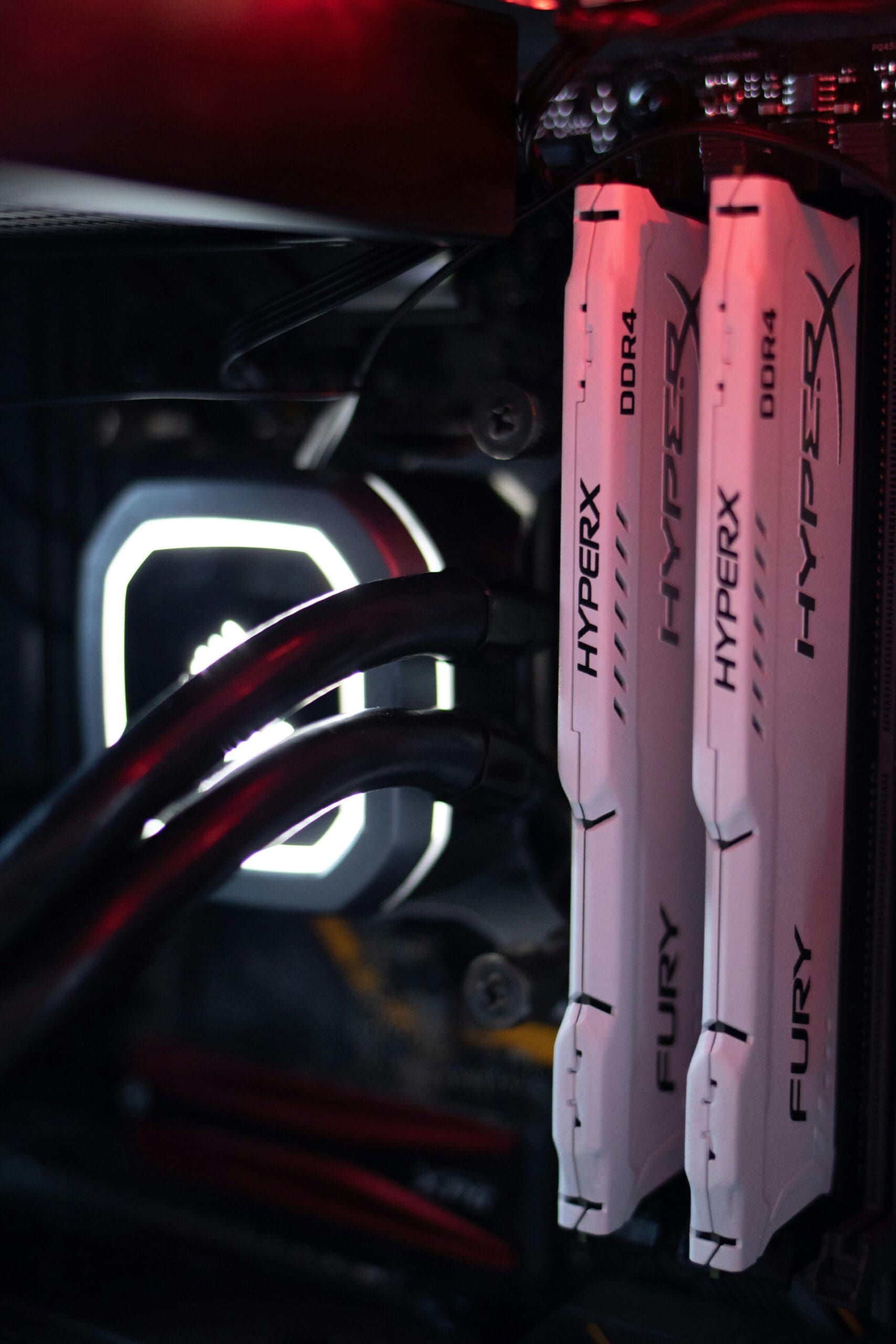Building Blocks: Understanding the Core Components of a Gaming PC
Building a gaming PC is an exciting but sometimes overwhelming experience, especially with the ever-evolving hardware market. Whether you’re a first-time builder or a seasoned enthusiast, understanding the core components of a gaming PC is essential to making the right choices for performance, budget, and future-proofing.
In this guide, we break down each critical part of a gaming PC and its role in your build.
1. CPU (Central Processing Unit) – The Brain of Your PC
The CPU is responsible for executing tasks, running games, and handling background processes. A good gaming CPU should have a balance of clock speed and core count to ensure smooth performance.
- Budget Choice: AMD Ryzen 5 5600X, Intel Core i5-12400
- Mid-Range Choice: AMD Ryzen 7 7800X3D, Intel Core i7-13700K
- High-End Choice: Intel Core i9-14900K, AMD Ryzen 9 7950X
If you’re gaming at 1440p or 4K, the CPU plays a smaller role than the GPU, but for high refresh rate 1080p gaming, a strong processor can make a noticeable difference.
2. GPU (Graphics Processing Unit) – The Powerhouse of Gaming
The GPU is the heart of any gaming PC, responsible for rendering graphics, textures, and lighting effects. The more powerful your GPU, the higher resolutions and frame rates you can achieve.
- Budget Choice: NVIDIA RTX 4060, AMD RX 7600
- Mid-Range Choice: NVIDIA RTX 4070 Ti, AMD RX 7900 XT
- High-End Choice: NVIDIA RTX 4090, AMD RX 7900 XTX
For competitive gaming, focus on high refresh rate performance. For immersive, cinematic experiences, prioritize ray tracing and high VRAM.
3. Motherboard – The Foundation of Your Build
Your motherboard determines compatibility between components and provides connectivity for storage, RAM, and peripherals. When selecting one, consider:
- Socket Type – Must match your CPU (e.g., LGA 1700 for Intel, AM5 for AMD).
- Chipset – Affects features like overclocking, USB ports, and PCIe lanes.
- Expansion Slots – Ensure support for GPUs, SSDs, and other upgrades.
Popular choices:
- Budget: B550 (AMD), B760 (Intel)
- Mid-Range: X670 (AMD), Z790 (Intel)
- High-End: X670E, Z790 APEX
4. RAM (Memory) – More Speed, More Multitasking
For gaming, 16GB of RAM (DDR4 or DDR5) is the minimum, but 32GB is becoming the sweet spot for future-proofing. Higher speeds (e.g., DDR5 6000MHz) can improve performance, especially with AMD’s EXPO or Intel’s XMP memory tuning.
- Best for Budget Builds: 16GB DDR4 3200MHz
- Best for High-End Gaming: 32GB DDR5 6000MHz
5. Storage – SSD vs. HDD
Gone are the days of slow hard drives for gaming. NVMe SSDs are now the gold standard for fast load times and system responsiveness.
- Best Value: 1TB NVMe PCIe 4.0 SSD
- For Power Users: 2TB+ PCIe 4.0/5.0 SSD for fast game loads
6. Power Supply (PSU) – The Lifeline of Your Build
Your PSU should be reliable and provide clean, stable power to all components. Aim for a Gold or Platinum-rated unit from a reputable brand.
- Budget Build: 600W – 750W 80+ Bronze
- Mid-Range Build: 750W – 850W 80+ Gold
- High-End Build: 1000W+ 80+ Platinum
Always choose a modular PSU for better cable management!
7. Cooling – Air vs. Liquid Cooling
Gaming PCs generate heat, and cooling is essential for performance and longevity.
- Air Cooling: Budget-friendly and effective (e.g., Noctua NH-D15, Be Quiet! Dark Rock Pro 4).
- Liquid Cooling: Great for aesthetics and high-end builds (e.g., Corsair iCUE H150i, EK-AIO).
Proper airflow and thermal paste application also play a big role in keeping temps low.
Final Thoughts
Building a gaming PC requires balancing performance, budget, and upgradability. Understanding these core components helps ensure that you get the best gaming experience for your money.


